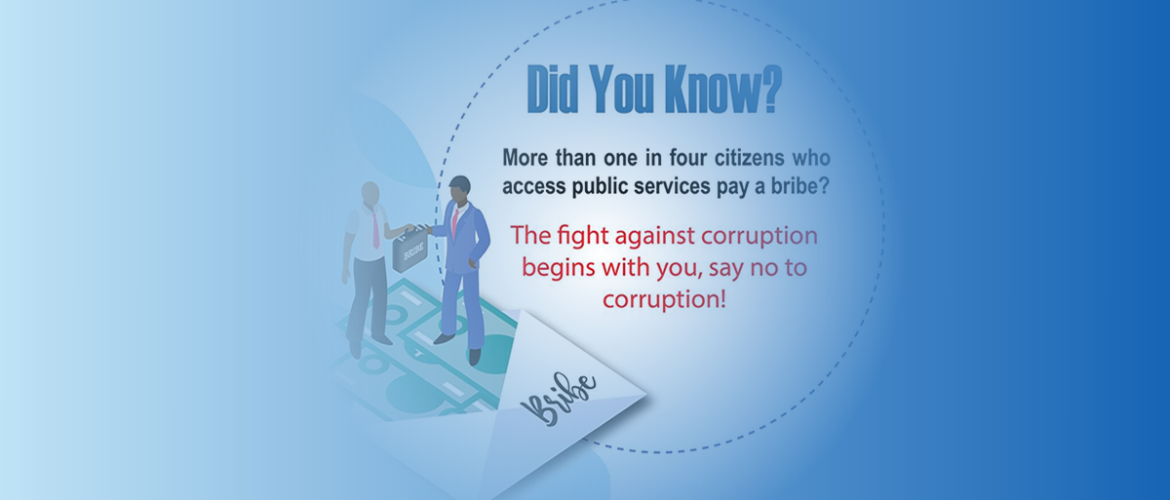Corruption is a persistent issue that has plagued Uganda for decades, hindering its progress, development, and the well-being of its citizens. However, there is a growing movement within the country to eradicate this pervasive problem and build a brighter future for Uganda. This article discusses the importance of saying “no” to corruption and the steps being taken to combat it.
The Cost of Corruption:
Corruption is not a victimless crime. It has far-reaching consequences that affect every aspect of Ugandan society. It siphons off funds intended for public services, such as healthcare and education, leading to a deterioration in the quality of these essential services. It hampers economic growth by discouraging foreign investment and stifling entrepreneurship. Corruption also undermines the trust between citizens and their government, eroding the social fabric of the nation.
Uganda’s Commitment to Change:
The government of Uganda has taken significant steps to address corruption. Organizations like the Anti-Corruption Coalition Uganda (ACCU) and Transparency International Uganda have been working tirelessly to promote accountability and transparency. Their efforts have led to improvements in various sectors, but there is still much work to be done.
Promoting Transparency:
One of the keys to combating corruption is to ensure transparency in government operations. The government has initiated efforts to make its processes more transparent, with the aim of reducing opportunities for corruption. This includes the use of technology and online platforms to publish government expenditures and contracts, making it easier for citizens to scrutinize and hold public officials accountable.
Accountability Measures:
Accountability is essential in the fight against corruption. Uganda has made strides in strengthening its legal framework to hold corrupt officials and individuals accountable. This includes the establishment of the Leadership Code Tribunal and other anti-corruption agencies to investigate and prosecute corrupt practices.
Educating the Public:
To create a society that says “no” to corruption, there is a need for awareness and education. Grassroots organizations and NGOs are playing a crucial role in educating the public about the consequences of corruption and how to report corrupt activities. Civic education programs are empowering citizens to become actively engaged in the fight against corruption.
International Support:
Uganda has also received support from the international community to combat corruption. Donors and partners have provided resources and expertise to strengthen anti-corruption measures and improve governance in the country.
The Way Forward:
While significant progress has been made in the fight against corruption in Uganda, there is still much work to be done. It requires the collective efforts of the government, civil society, and the citizens themselves to build a nation that values transparency, accountability, and integrity. Saying “no” to corruption is not only a moral imperative but also a path towards a more prosperous and just Uganda.
In conclusion, Uganda’s commitment to combating corruption is a positive sign of progress. With continued dedication to transparency, accountability, and education, the nation can move closer to the goal of a corruption-free society that benefits all its citizens. Saying “no” to corruption is not just an option; it is a necessity for Uganda’s future success.


